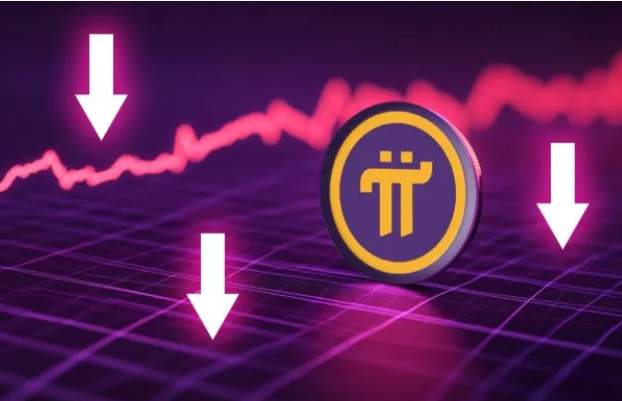The government has intensified efforts to prevent artificial hikes in wheat prices, directing authorities to crack down on speculative trading and ensure market stability.
Chairing the second meeting of the Steering Committee for the Assessment of Inflationary Trends, Finance Minister Muhammad Aurangzeb reaffirmed that Pakistan has adequate wheat stocks, excluding strategic reserves, to meet domestic demand. The committee, formed last week by Prime Minister Shehbaz Sharif, was tasked with monitoring food stock levels and inflationary pressures, particularly after recent floods.
An official statement confirmed that while wheat supply remains secure, initial reports show rice and sugarcane crops sustained manageable damage from flooding. The minister emphasized the need for strict vigilance to deter profiteering and safeguard consumers from unnecessary price hikes.
Despite government assurances, naanbais in Islamabad have warned of a potential increase in roti prices, echoing trends already seen in other cities. Rising food costs are fueling concerns for daily wage earners and low-income households struggling with affordability.
The committee also reviewed the Sensitive Price Index (SPI), evaluating movements in essential food items such as wheat, rice, sugar, onions, tomatoes, and edible oil. Regional supply conditions and stock positions were assessed in detail. Preparations for the upcoming sowing season were discussed, with emphasis on ensuring timely seed and input availability.
Aurangzeb instructed institutions, including the NDMA, SUPARCO, and PBS, to coordinate with provinces for accurate crop damage assessments. He stressed that controlling inflation and protecting vulnerable households remain top government priorities.
The steering committee will reconvene next week to review progress and decide on further steps to maintain price stability.
Govt Launches Crackdown on Wheat Price Speculation to Ensure Stability






